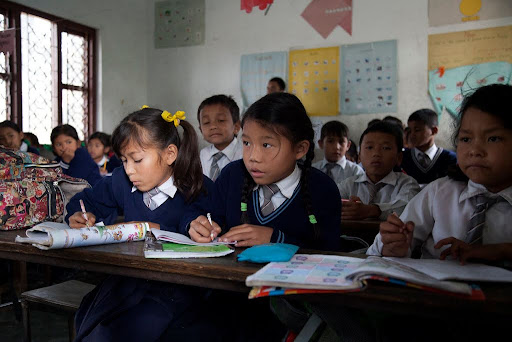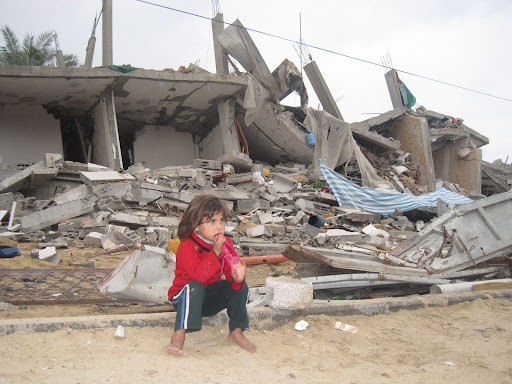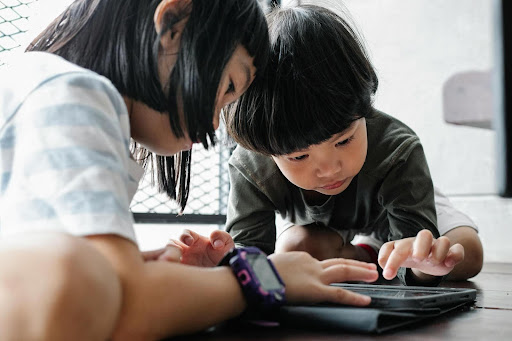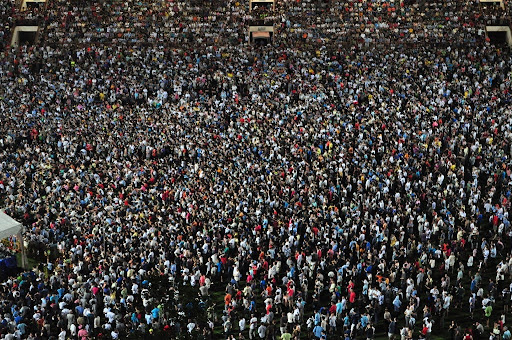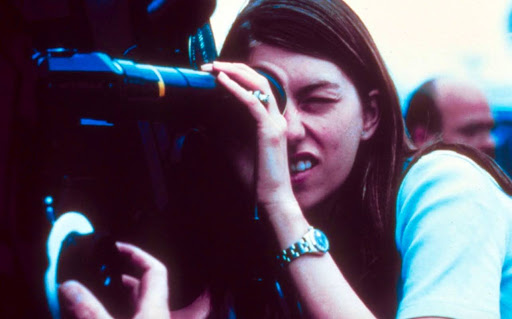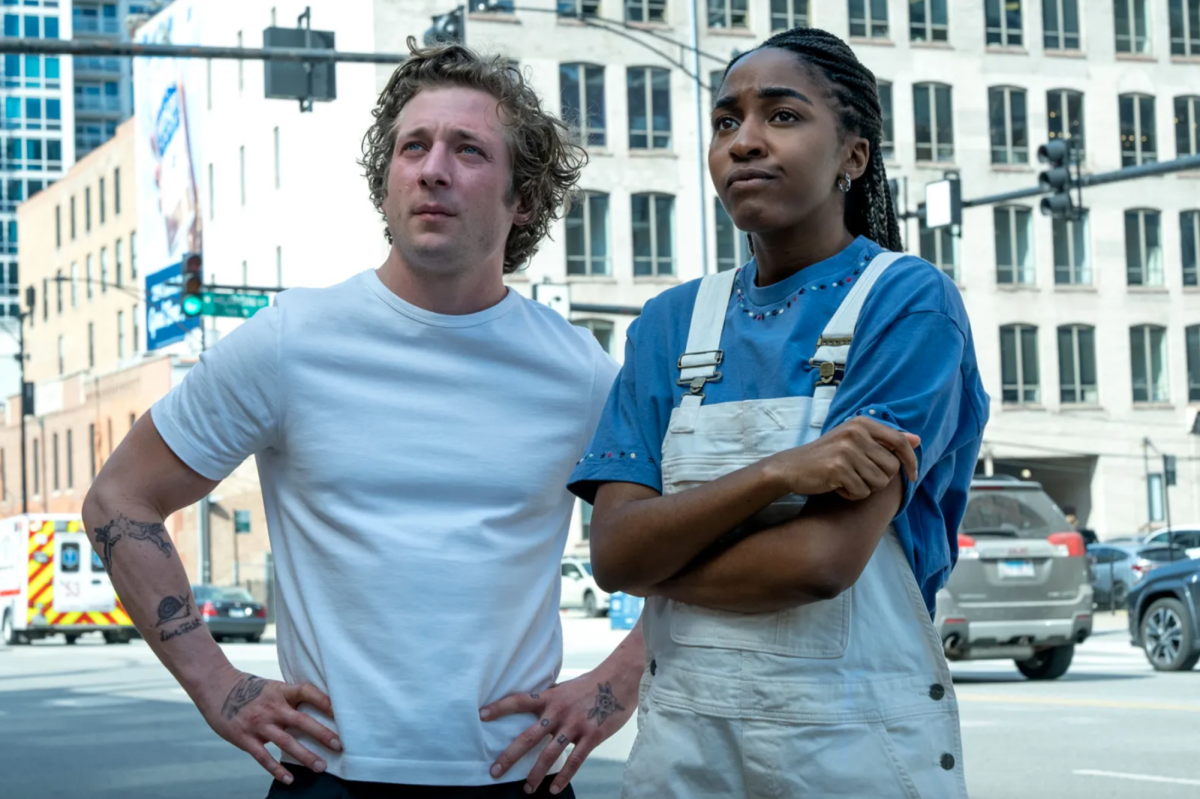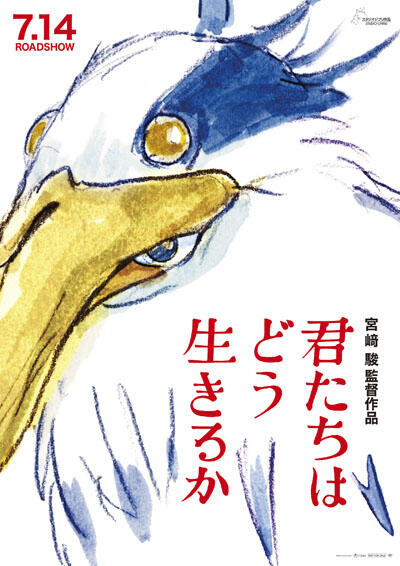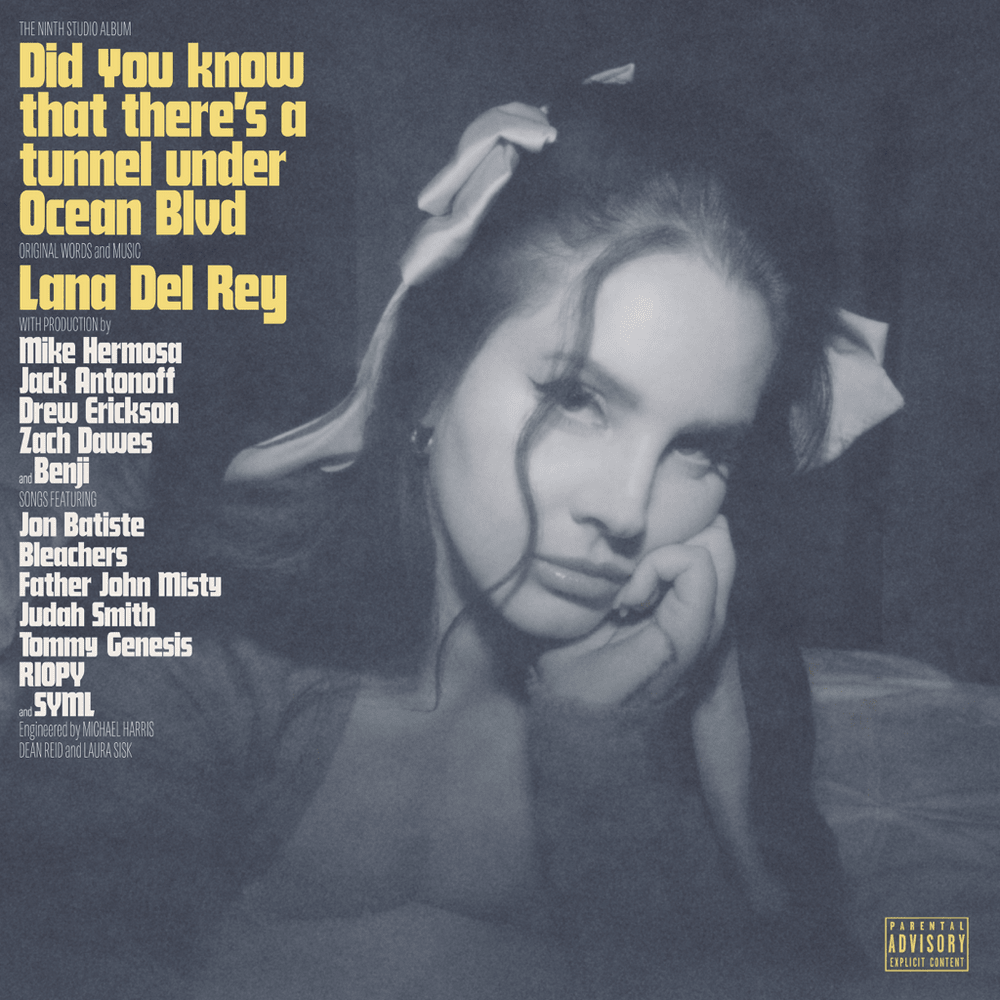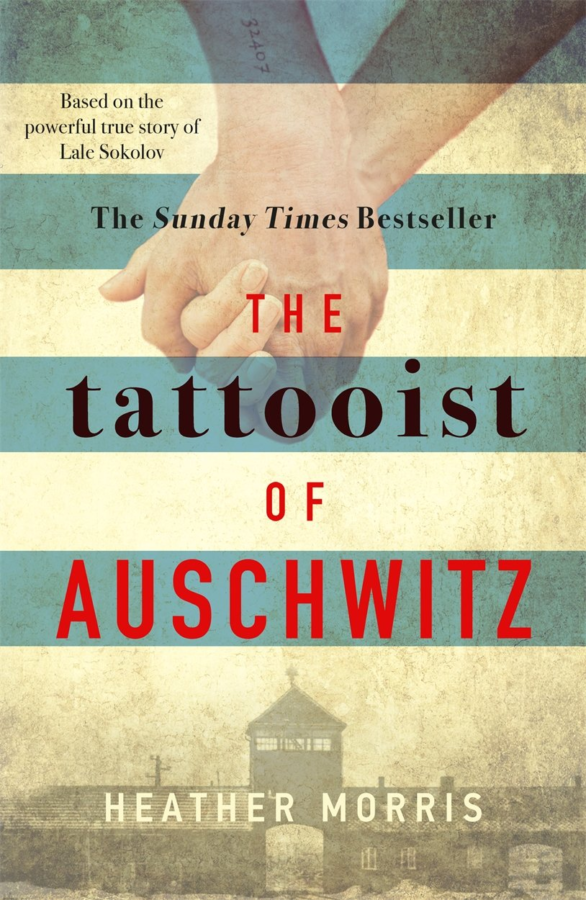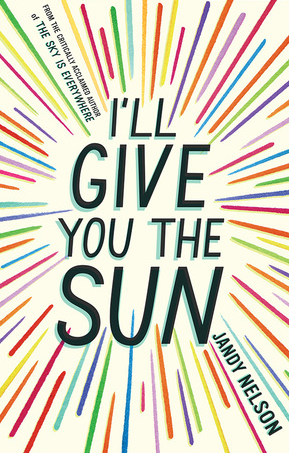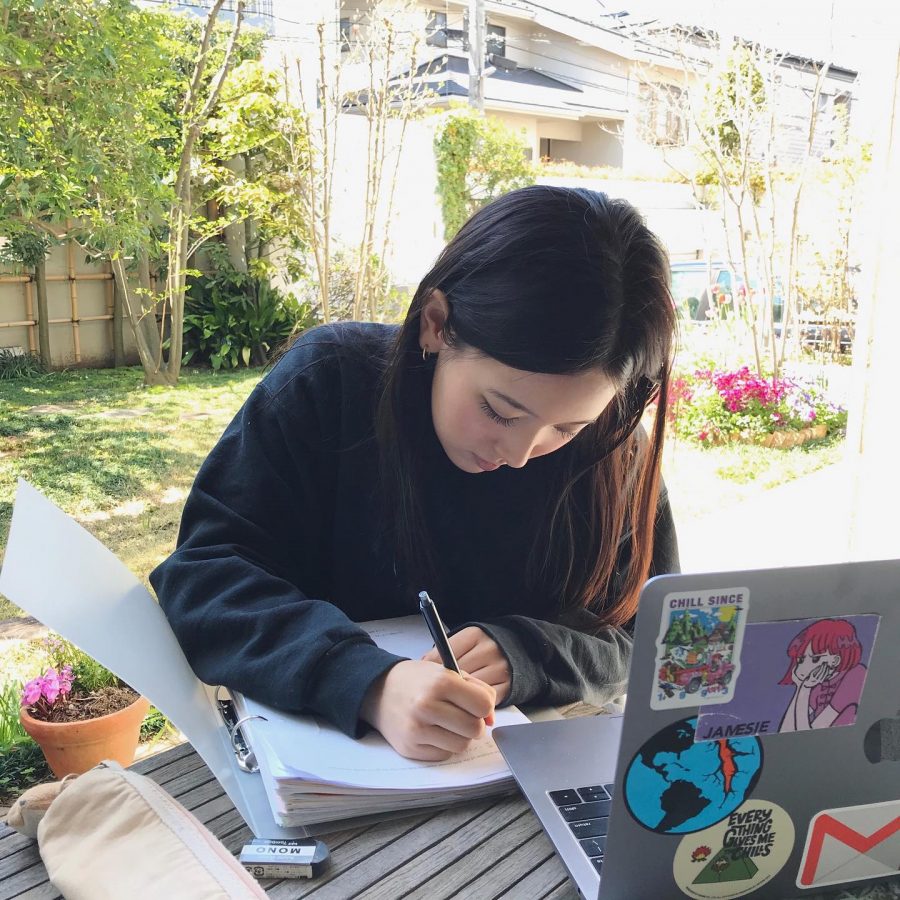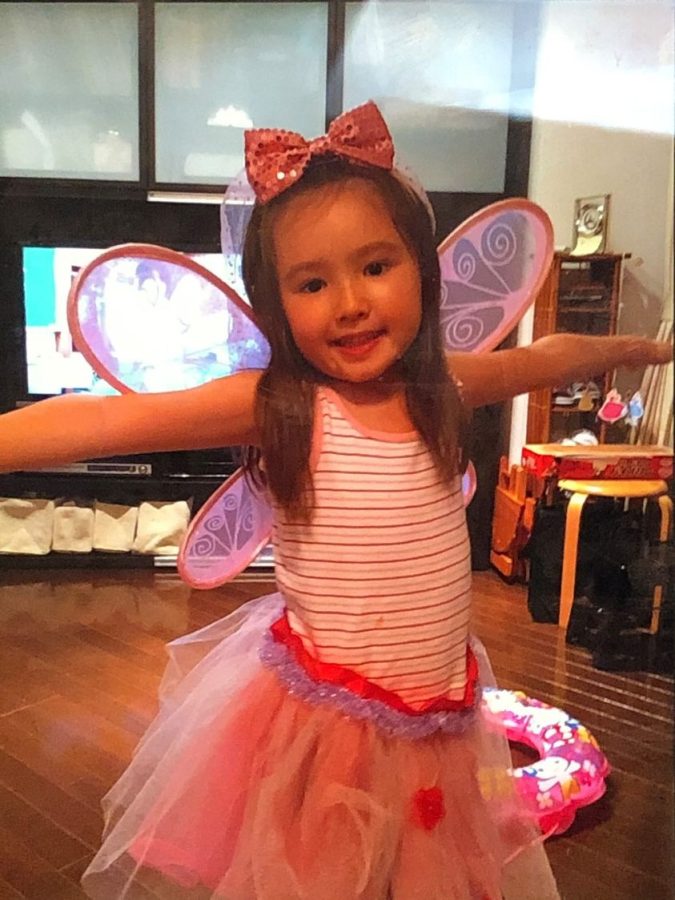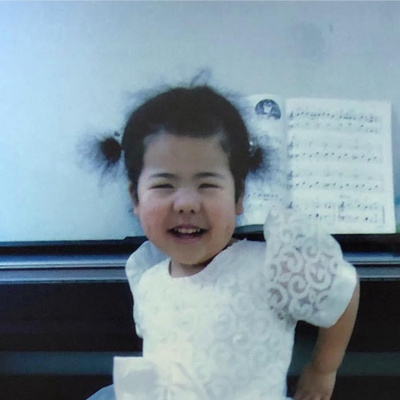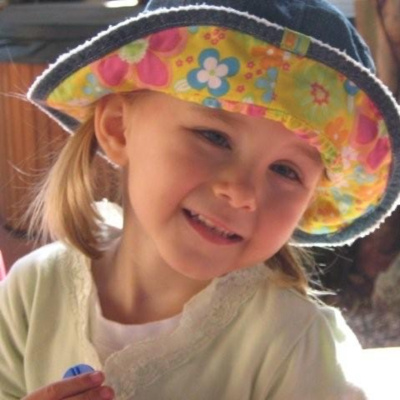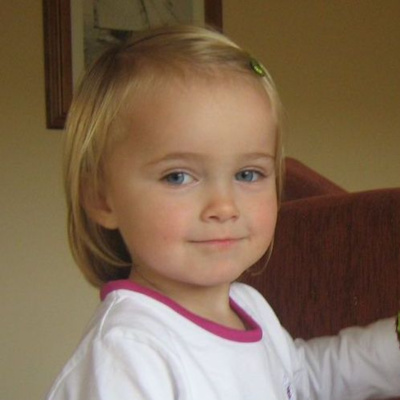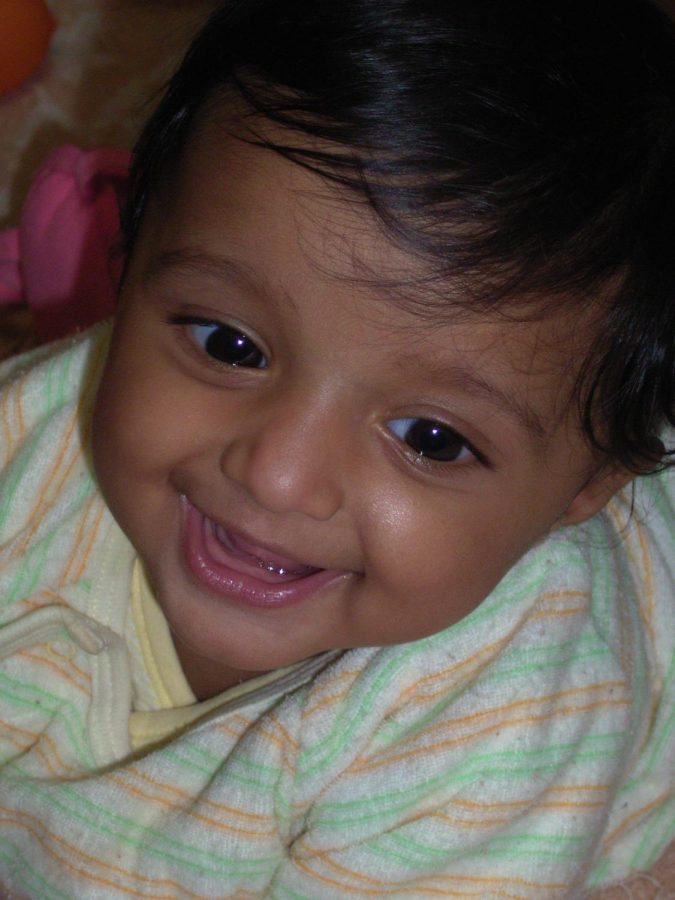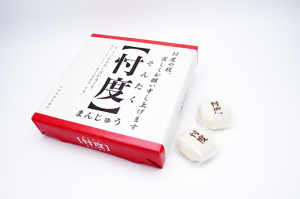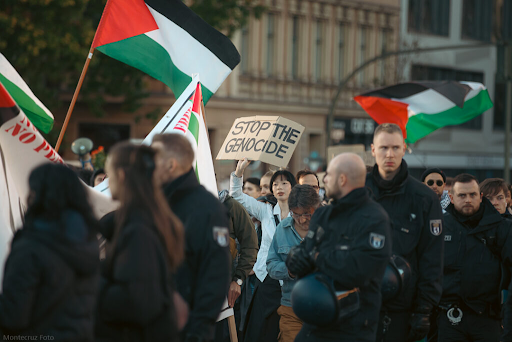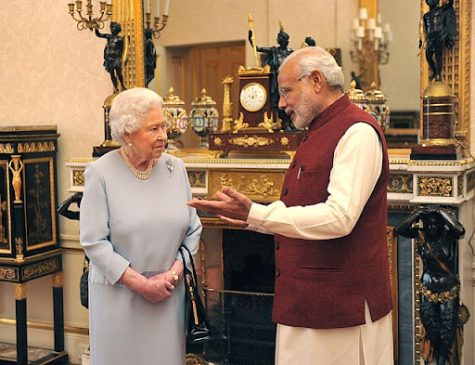Mothers who regret the maternal experience: #regrettingmotherhood
January 18, 2023
“…I regret being a mother (…) I wanted to work more, and I also wanted to study again in graduate school (…) We have fun family times and I love my children, but I don’t think I would be a mother if I could choose again.”
A 41-year-old mother of three children expressed her conflicting emotions in an NHK article featured last year. These words could be the last thing someone would expect a mother to say. Some mothers may empathize, but others may not. Is it, perhaps, a mother’s greatest taboo to regret becoming one?
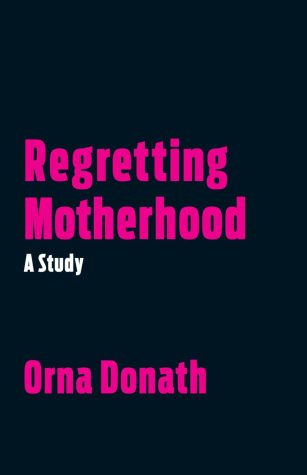
Photo Credit: Amazon
In 2017, a book was published that caught the attention of the world and simultaneously sparked a serious debate. “Regretting Motherhood: A Study” is written by Orna Donath, an Israeli sociologist and feminist activist. In her book, Donath interviews 23 Israeli mothers and, through their responses, delves deep into finding the meaning of “motherhood.”
“Regretting Motherhood: A Study” was translated into multiple languages, and a Japanese translation of the study was recently published. Since then, multiple Japanese documentaries have been created based on this controversial topic.
The most recent documentary was produced by NHK, consisting of a questionnaire survey of 6,500 mothers in Japan. “Have you ever thought: ‘I wish I hadn’t become a mother’ ?” The responses to this question revealed that one in three respondents, which accounts for 32%, have at some point wished they hadn’t become a mother. Donath asks a similar question in her study, and out of the 23 mothers interviewed, all of them responded that they would not become a mother if they were to relive their lives.
Ever since Orna Donath published her book along with the hidden voice of mothers, various discussions flooded social media platforms, which gave rise to the hashtag trend: #regrettingmotherhood. Although many people raised voices of support for the mothers, the subject provoked anger and heated arguments amongst some.
Germany is a country where individuals tend to hold traditional views of motherhood. The Social Issues Research Center mentions how mothers in Germany are often expected to quit pursuing their professional careers in order to care for their children. This mindset may have come from the ‘three Ks’ that German women were expected to follow in the early 17th century—Kinder (children), Kirche (church), and Küche (kitchen). Women were required to be selfless mothers who were entirely focused on the upbringing and education of their children.
“…the result of naive black-and-white thinking: a product of unrealistic expectations, the wrong partner, the mother’s personality and perfectionism” is how Harald Martenstein, a German columnist, describes women who regret being a mother. The online article by The Guardian features Martenstein, who claims that mothers should not confront their children with negative feelings about motherhood.
Despite their regret, mothers love their children. The NHK survey shows that 96% of mothers —who answered that they regret being a mother—still feel affection toward their children. Furthermore, in her study, Donath says, “most of the women in my study make to clarify they regret motherhood, rather than the existence of their children (…) at the same time, they regret becoming their mothers and being responsible for their lives.” It seems as though a mother’s feelings of regret and their feelings of love for their children are compatible.
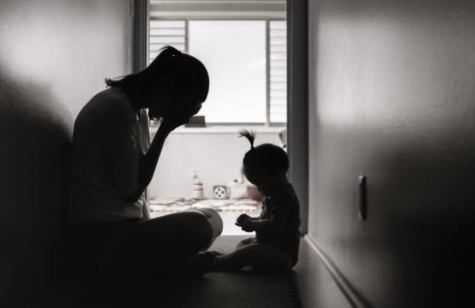
The reality is, however, that many mothers are unable to speak up and openly talk about their feelings. In “Regretting Motherhood: A Study” many mothers talk about their experiences of being silenced. When mothers try to express their thoughts on regretting motherhood to their friends or colleagues, many people either immediately avoid the topic or say, “Be thankful for what you have.” The fact that mothers feel as though nobody understands them or nobody wants to understand them creates a downward spiral of loneliness in their minds. Bali, a mother of one child, has a reason for not wanting to discuss her regret with even her closest people. “It’s hard to admit it. It’s considered something…it’s shame, truly. I’m ashamed.”
Donath, responding to an NHK interview, says that it is important to realize there is a structural problem within our society. “…by not allowing mothers to speak of their regrets, we are (…) letting mothers alone carry the burden. Like a reflection in a mirror, a mother’s regret reveals society’s perception of motherhood, its norms, and the burdens it places on mothers. The mother is not some kind of transhuman goddess. I think we need to make ‘motherhood’ more human.”
Kanae Minato is a Japanese writer of crime fiction and thriller while also being a mother of a daughter. Her most recent fictional novel, “Motherhood” (母性), sold more than 1.2 million copies in Japan, and the movie adaptation of the novel was released in 2022. The book explores the term “motherhood” through the story of a mother who cannot love her daughter and the mysteries that revolve around her daughter’s sudden death.
In an NHK interview, Minato talks about society’s myth and how people stereotypically believe that a person acquires motherhood the moment she becomes a mother. Minato, on the other hand, believes that “motherhood” is something that a mother slowly gains over time as the mother watches and interacts with their children’s growth. She claims that it is wrong to criticize a woman for her lack of experience as a mother.
“Regret” is defined as “an emotion of wishing one had made a different decision in the past because the consequences of the decision were unfavorable.” The emotion itself has negative connotations of pessimism and self-accusation, which makes it difficult for mothers to accept that they feel this way.
But are mothers really at their own fault for regretting their maternal experience? Mothers are oftentimes pressured by society’s ideals and expectations which can tire them emotionally on top of already being exhausted physically. While burdening mothers with its “image” of motherhood, society turns a blind eye to mothers who express their feelings of “regret.” Although a mother “regretting motherhood” is perhaps something that society doesn’t yet want to hear, it is what society soon has to accept.

